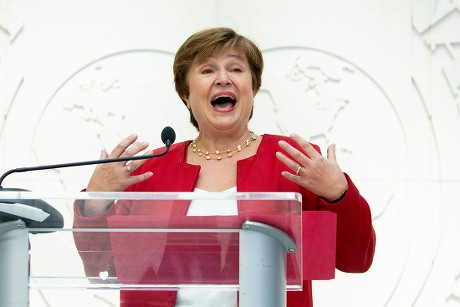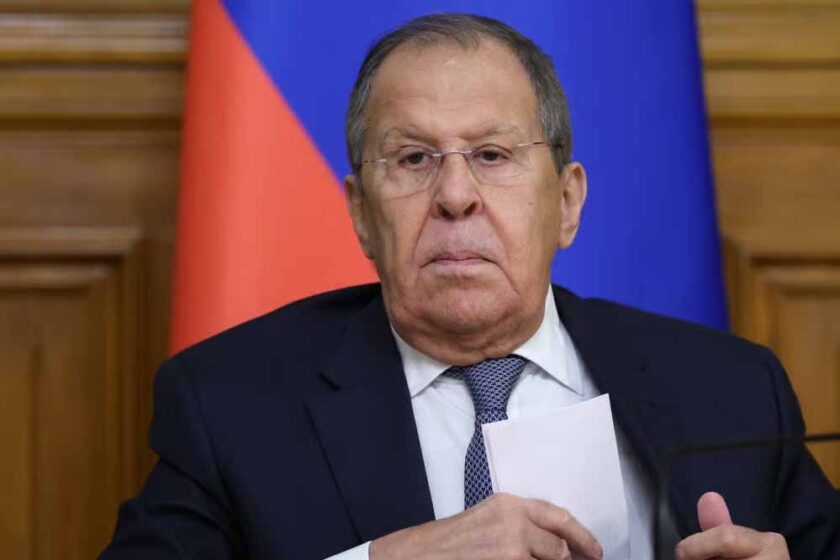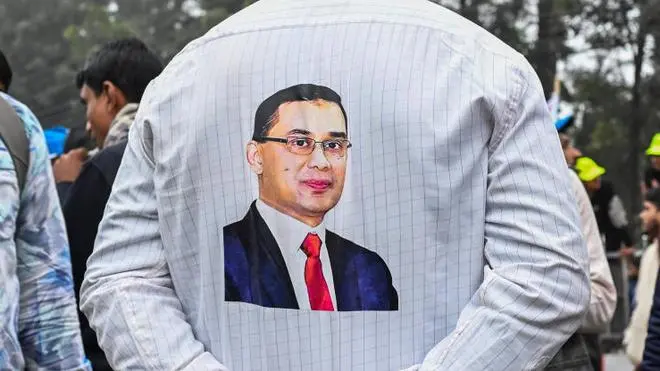Washington: The world economy is once again entering a period of heightened uncertainty, following fresh tariff threats from the United States. Just 48 hours after International Monetary Fund (IMF) Managing Director Kristalina Georgieva warned that “uncertainty is the new normal” and urged nations to “brace themselves,” U.S. President Donald Trump announced plans to impose up to 100% import tariffs on Chinese goods.
This move comes in retaliation to China’s restrictions on the export of rare earth minerals, which are critical for high-tech manufacturing. The announcement triggered sharp volatility in global financial markets, intensifying investor anxiety ahead of the IMF–World Bank Annual Meetings in Washington, where finance ministers and central bank governors will assess global risks.
Resilience, Yet Rising Threats
Georgieva acknowledged that the world economy has shown remarkable resilience despite multiple shocks earlier this year. Many companies had pre-emptively diversified supply chains, reducing the impact of trade disruptions. Several countries opted for strategic agreements over confrontation with the U.S.
However, the latest tariff escalation shows that trade tensions remain unresolved. A UNCTAD report revealed that global trade grew by over $500 billion in the first half of 2025, but geopolitical uncertainty and protectionism continue to threaten developing economies. New strategies like “friendshoring”, where nations trade primarily with trusted allies, are also reshaping global commerce.
AI Investment Boom – Opportunity or Bubble?
Global markets are witnessing an investment surge in AI-related sectors, including data centers, semiconductors, telecom equipment and servers. According to WTO data, 20% of global trade growth in early 2025 was driven by AI products—most of which were exported from Asia to the U.S.
Yet experts warn of a potential AI bubble similar to the 2000 dot-com crash. The Bank of England cautioned that if AI performance fails to meet expectations, markets could face a sudden and severe correction. Georgieva echoed these concerns, comparing current sentiment to the dot-com era.

U.S. Policy Adds to Instability
Analysts say the Trump administration’s use of tariffs as an “economic weapon”, unfunded tax cuts, and public challenges to institutions like the Federal Reserve are damaging U.S. credibility. While markets have so far absorbed the shocks, any loss of confidence in the dollar could trigger global repercussions.
“The Real Test Is Ahead”
With the IMF–World Bank meetings about to begin, Georgieva’s message is clear: the global economy is facing simultaneous threats—trade wars, political tensions and speculative AI investment.
She warned that the coming months will test the true limits of economic resilience. Governments, investors, and businesses must exercise caution and preparedness, as even strong economies have breaking points.
The world is watching closely—because the next move could determine whether the global economy bends or breaks.










